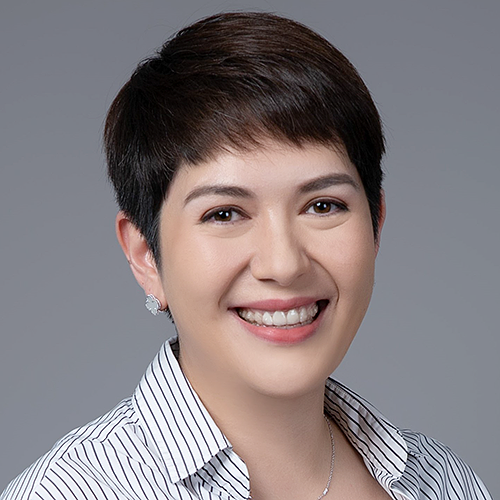Asian asset owners, particularly pension funds, are becoming increasingly concerned about the valuation of their liabilities in the wake of rising life expectancy, driving some of them to boost holdings of foreign assets.
A global survey of 400 pension professionals, commissioned by State Street, reveals that one in 20 respondents describe their confidence in the accuracy of their asset and liability valuations as less than 50%.
“Advances in medical science combined with changing lifestyles in the region are driving up life expectancy and making it more difficult for asset owners and pension funds to assess the extent of their liabilities,” says Beng-Eu Lim, Asia Pacific head of asset owner sector solutions at State Street.
With this in mind, managing longevity risk has become a priority in Asia Pacific’s developed markets where life expectancy is among the highest in the world. About 29% of survey respondents across the region, and as much as 50% in Japan, say they give the highest level of priority to managing longevity risk. This compares to just 26% globally.
These institutions traditionally followed the 60-40 asset allocation model, where 60% is allocated to fixed income and 40% to equities. Before the global financial crisis and the existing low interest rate environment, the 60-40 model yield about 4-5% annual returns which was sufficient to sustain their liabilities.
“But with the extremely low interest rate environment coupled with longer life expectancy among their members the 60-40 rule is no longer sufficient,” Lim says.
Asset owners are overcoming their “home bias” in favour of global diversification or investing in assets outside their home markets. Pension funds traditionally keep a conservative mindset based on the assumption that there is less risk in holding assets that are more familiar to asset owners and more compatible to the currency of their domicile. For example, a Thai pension fund would have a home bias for assets located in Thailand and denominated in Thai baht.
“On the idea of home country investment versus global diversification, we take global diversification for granted in the US or in Europe for regulatory reasons. In Asia a lot of dialogue is just happening around diversification. I was in the Philippines meeting with a major asset owner and they were making their first investment outside the traditional 60-40% portfolio into global Reits – their first investment in real estate,” says John McCareins, managing director and head of Asia Pacific, Asset Management at Northern Trust.
Part of McCareins responsibility in previous roles was acting as an external chief investment officer (CIO) for asset owners, pension funds and other institutional clients who outsourced part of their asset management function to Northern Trust.
“I spent 10 years serving as an external CIO for a number of asset owners in other markets. The nature of those discussions included what is the appropriate asset class or asset classes that will achieve our investment objective; what is the merit in these asset classes; how do we incorporate these asset classes into our portfolio; how does it impact our risk budget? These are areas of discussion that we now have with Asian asset owners,” McCareins says.
At the same time asset owners are adopting more sophisticated investment strategies, chasing yields in a low rate environment via more complex and illiquid alternative asset classes.
“Our survey reveals that one in two Asia Pacific pension funds plan to increase their exposure to fund of hedge funds in the next three years. A similar proportion plans to invest more in real estate over that time,” Lim says.








